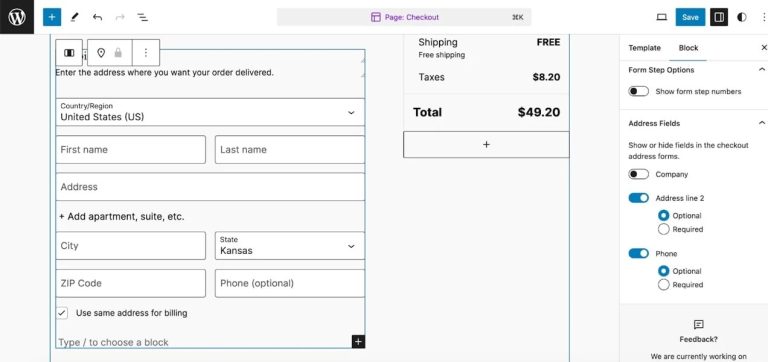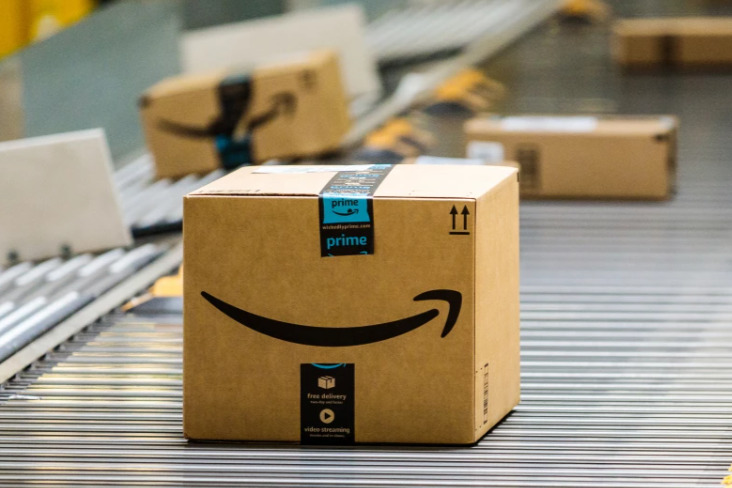
Artificial intelligence (AI) is driving more innovation in e-commerce, turning what was once an intriguing concept into a must-have competitive advantage. No longer just a tool for efficiency, AI is revolutionizing how retailers personalize shopping experiences, optimize product discovery, and drive customer engagement.
Retailers now have unprecedented access to AI-driven insights that match the right products with the right shoppers at the right time. Yet, according to Arv Natarajan, director of products at GroupBy, some merchandisers believe their instincts outperform AI’s recommendations.
While AI is still the hot topic that everyone in retail talks about, the conversation is no longer about hypotheticals. The case for AI is already proven. Natarajan contends that the conversation is now about how best to apply technology to solve interesting and challenging retail use cases.
Still, retailers must tread carefully. While keeping pace with AI innovation is crucial, overcommitting without a strategic approach can lead to costly missteps.
“AI additions to the tech stack need to be thoughtful and either improve efficiencies, create better customer experiences, or solve challenging problems. If it can’t check off one of these boxes, it is probably not the right solution for you and your brand,” Natarajan told the E-Commerce Times.
Retailers Must Be Strategic With AI in CX
Table of Contents
One of the developing marvels of integrated AI is its role in improving customer satisfaction with seller interactions. A recent study by Forethought, an AI-driven customer support automation company, found that using AI for CX is more challenging than many expect.
“Companies are finally starting to get it right,” said Forethought’s President and Executive Chairman, Deon Nicholas. “However, there’s still a lot of work to be done.”
Most companies claiming to have AI agents today rely on simple bots. A significant opportunity exists to differentiate and improve customer satisfaction by transitioning to truly agentic AI that can take action, make nuanced decisions, and troubleshoot, Nicholas noted in a press release about his company’s research on consumer attitudes about AI and CX.
The study found that consumers will only wait about nine minutes for a response from customer support. As many as three in 10 customers would then cancel or return their orders, not return to that company, or leave a critical review online.
“Many people distrust bots and don’t believe they can resolve their issues,” said Nicholas. “As more companies evolve to more advanced agentic AI, we’ll see more customers willing to give AI a chance.”
Natarajan noted it is indisputable that AI is helping retailers make vast improvements to the customer experience and back-end operations. “Still, it is new and far from perfect,” he said.
How AI Is Reshaping Retail Operations
Natarajan advises retailers to adopt a human-in-the-loop approach to harness AI automation and insights. This approach ensures safeguards are in place to monitor and adjust AI performance.
AI is streamlining e-commerce operations and reducing costs by automatically optimizing search results for revenue, decreasing the hours that used to be spent manually curating the search experience, he explained.
“This enables merchandisers, specifically, to focus more on strategic, revenue-generating business objectives,” he continued.
Artificial intelligence plays a crucial role in the merchandising workload. Natarajan recounted use cases retailers are implementing for AI. For instance, they create content such as product descriptions and images.
“The most exciting one is using AI to improve search and product discovery. Leveraging the power of AI, we’ve seen retailers who use our applications dramatically increase their top-line revenue, creating a richer shopping experience for customers through hyper-personalization, all while helping merchandisers achieve their business objectives,” he said.
Overcoming AI Adoption Challenges in Retail
According to Natarajan, bad data is the number one challenge retailers face with AI implementation. Though a familiar adage at this point, the idea of “garbage in, garbage out” still rings true.
AI is only as good as the training data. If retailers do not ensure their data is clean, AI loses its full potential.
This challenge becomes even more significant when retailers manage vast product catalogs containing millions of SKUs.
Manually reviewing incomplete data and applying data governance practices can take months.
AI-powered catalog-as-a-service (CaaS) technology accelerates data enrichment, reducing the process from months to days, depending on catalog size and data quality.
“As companies scale their AI usage, this presents tremendous opportunities to improve business outcomes across several areas,” Natarajan said.
Revenue the Key Metric for Evaluating AI in Retail
Natarajan added that revenue is the most critical metric retailers should consider when assessing the performance of their AI solutions. GroupBy encourages its customers to evaluate the revenue its product discovery platform generates, which averages about a 10% increase.
“While other metrics are important, they are secondary to revenue. Retailers are there to sell more products. That’s their goal,” he noted.
Natarajan expects 2025 to be a turning point for retail AI adoption. Retailers will increase their use of AI to validate their hypothesis, automate tasks, and develop content, including building campaigns and landing pages.
He offered poignant advice on not adopting AI: The time to hesitate on AI is gone.
“Retailers who aren’t already adopting AI solutions need to begin testing AI in their tech stack or risk being left behind,” he declared.
Even starting with small tasks, they will quickly see benefits and gain better insights into how AI can further improve their operations and customer experience.





